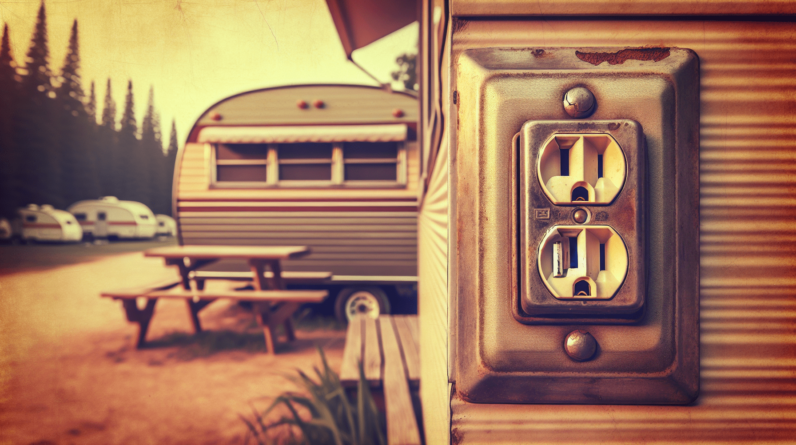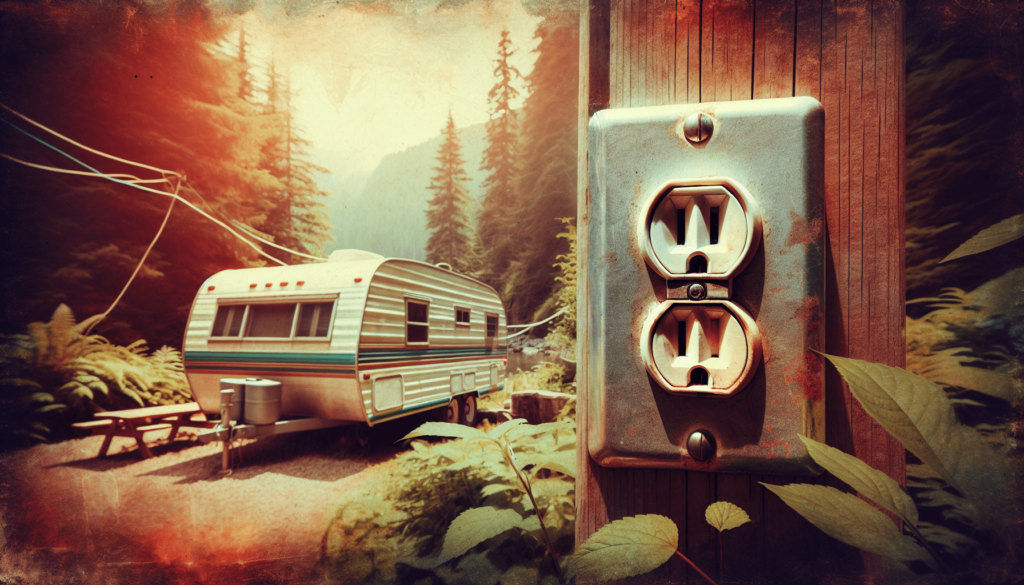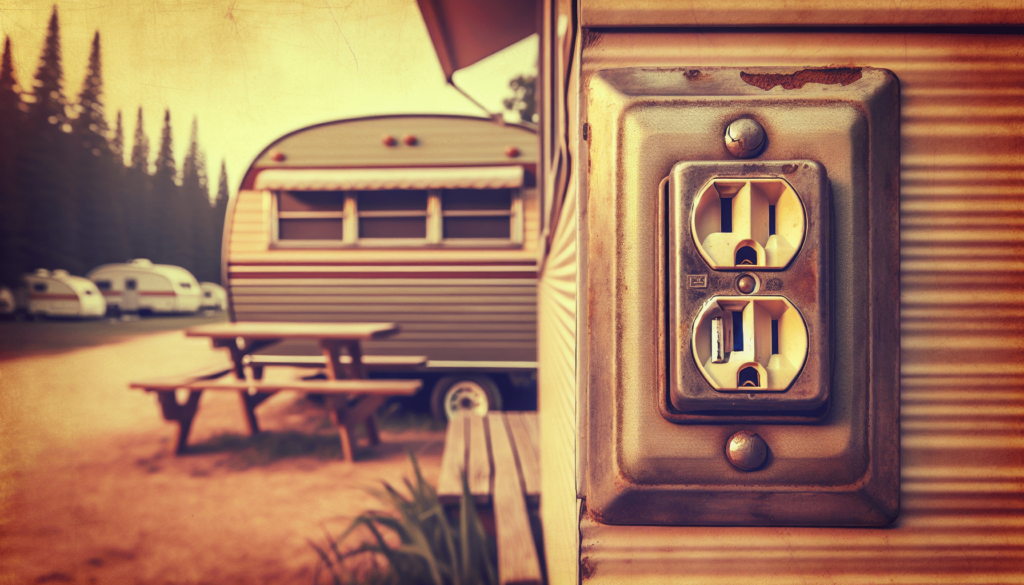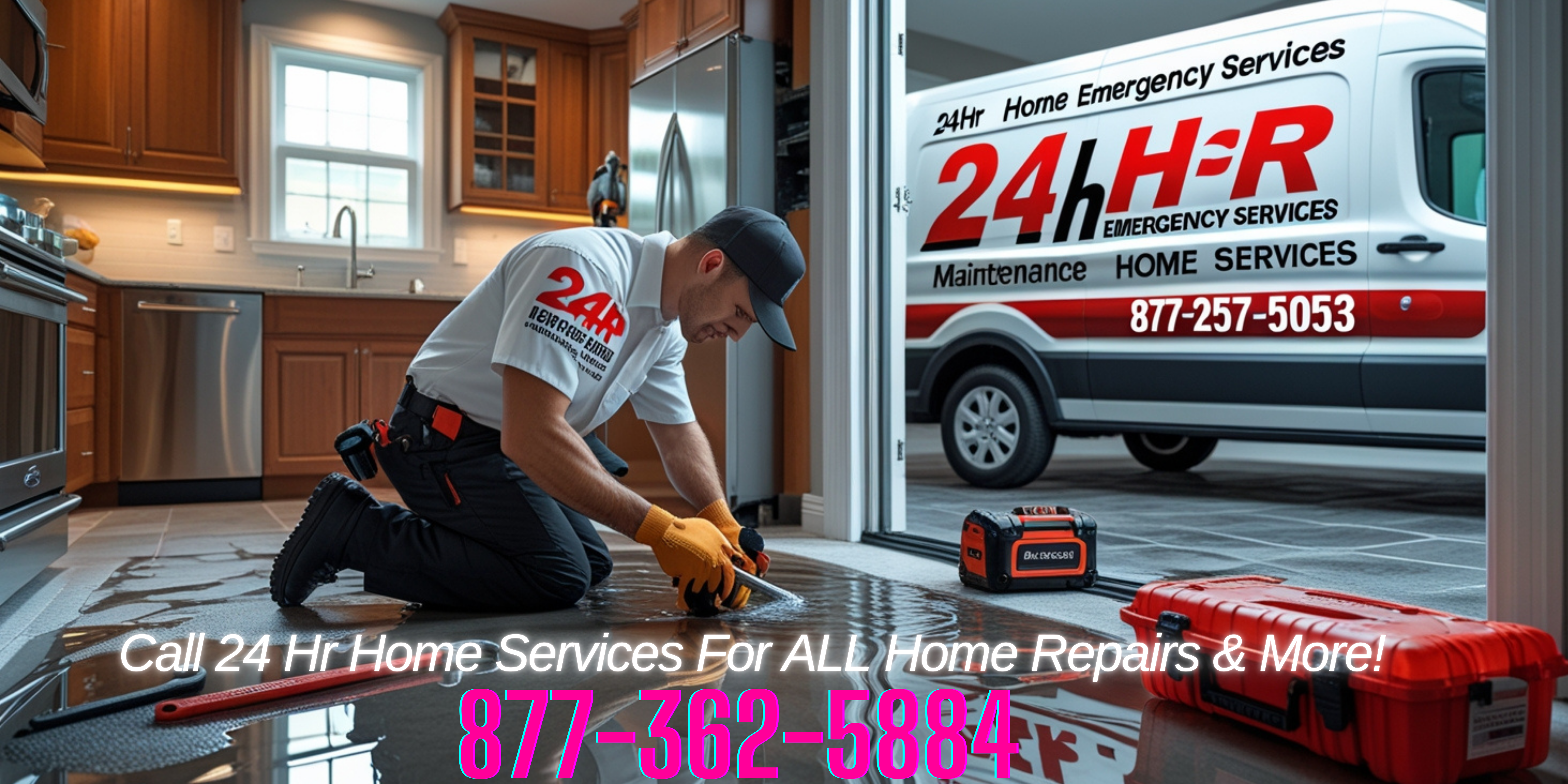
Have you ever wondered about the electrical outlets in your trailer house and how they work? Understanding these components is essential for maintaining a safe and comfortable living environment. Let’s take a closer look at trailer house electrical outlets and what you need to know.

What Are Trailer House Electrical Outlets?
Trailer house electrical outlets are specially designed to deliver power to various devices and appliances within a mobile home. Unlike traditional homes, these outlets often have unique wiring configurations due to the nature of their construction and mobility. Knowing how they function can help you optimize your home’s power usage.
Types of Outlets Commonly Found in Trailer Houses
Different types of electrical outlets are used in trailer houses to accommodate various needs. Here’s a breakdown of the most common types you might encounter:
| Outlet Type | Description |
|---|---|
| Standard 120V Outlet | Most commonly used for small appliances and devices. |
| 30 Amp RV Outlet | Designed for larger appliances; often found at RV parks. |
| 50 Amp RV Outlet | Provides power for high-demand appliances like air conditioners. |
| GFCI Outlet | Ground Fault Circuit Interrupter; necessary in wet areas like kitchens and bathrooms. |
Understanding 120V Outlets
The standard 120V outlet is the most widely used in trailer houses. You’ll find them in the kitchen, living room, and bedrooms, powering everything from lamps to small kitchen appliances.
How 120V Outlets Work
A 120V outlet connects to your home’s electrical panel, receiving power from the main supply. It consists of two vertical slots; the shorter slot is for the hot wire, while the longer slot is for the neutral wire.
Grounding and Safety
It is crucial for these outlets to be properly grounded to prevent electrical shocks. A grounding wire connects to the outlet, directing excess electricity safely to the ground. Make a habit of checking your outlets to ensure they’re in safe working order.
Specialty Outlets in Trailer Houses
Aside from the standard outlets, there are other specialized outlets that serve specific functions.
30 Amp RV Outlets
A 30 Amp RV outlet delivers up to 3,600 watts, making it suitable for powering devices like air conditioners and microwaves.
Characteristics of 30 Amp Outlets
These outlets typically have a specific shape and are usually located outside of the trailer. They have a unique configuration to ensure that only compatible devices are plugged in, minimizing the risk of overload.
50 Amp RV Outlets
If you’re looking for even more power, a 50 Amp RV outlet provides up to 12,000 watts. It’s generally used for high-demand appliances.
Applications of 50 Amp Outlets
Most often found in upscale models or those with added features, these outlets can support multiple high-power devices at once. They are essential for long-term living in a trailer house, especially during peak usage times, like warm summer months.
GFCI Outlets: The Safety Stars
Ground Fault Circuit Interrupter (GFCI) outlets are crucial in any setting, particularly in areas exposed to moisture, such as kitchens and bathrooms.
How GFCI Outlets Function
GFCIs monitor the flow of electricity through circuits. If there’s an imbalance, such as water contact, it shuts off power to prevent electrical shocks.
Importance of GFCI Outlets
In trailer houses, where plumbing and electrical systems can sometimes work closely, installing GFCIs is not just recommended; it’s often required by code. Regular testing of these outlets ensures ongoing safety.
Wiring and Power Sources
Understanding how your trailer house is wired will significantly improve your awareness of electrical safety and efficiency.
Typical Wiring Setup
Most trailer houses utilize a combination of 12-gauge and 14-gauge wiring. The gauge of the wire determines how much current it can safely carry.
12-Gauge vs. 14-Gauge Wiring
| Wire Gauge | Max Current | Typical Uses |
|---|---|---|
| 12-Gauge | 20 Amps | High-power appliances and outlets |
| 14-Gauge | 15 Amps | Lighting and lower-power devices |
Risks of Improper Outlet Use
Understanding the risks associated with improper outlet use in trailer houses can save you from potential hazards.
Overloading Circuits
Overloading occurs when you plug in devices that consume more power than the circuit can handle. This scenario can lead to tripped breakers or, in the worst case, electrical fires.
Signs of Overloading
Keep an eye out for these signs of overloading:
- Frequent circuit breaker trips
- Flickering lights
- Warm or discolored outlets
If you notice any of these signs, it may be time to assess your power consumption and make necessary adjustments.

Maintenance Tips for Electrical Outlets
Regular maintenance of electrical outlets is crucial for ensuring their functionality and safety. Here are some friendly tips to keep in mind:
Inspect Outlets Regularly
Check your outlets for signs of wear, such as frayed cords and loose connections. If you notice any issue, it’s best to replace the outlet or call an electrician for professional help.
Cleaning Outlets
Dust and debris can accumulate around electrical outlets. Wipe them down using a dry cloth and avoid getting moisture inside the outlet. This simple act can go a long way in prolonging their life.
Upgrading Outlets for Efficiency
If your trailer house outlets are a bit outdated, upgrading them could save you money in the long run.
Choosing Energy-Efficient Outlets
There are various options for energy-efficient outlets, including smart outlets that allow you to control power usage via your smartphone. These can help you monitor and manage your energy consumption more effectively.
Professional Installation vs. DIY
While some homeowners may tackle outlet upgrades themselves, hiring a professional is generally recommended. A licensed electrician can ensure that new outlets are installed safely and up to code.
Addressing Common Issues with Outlets
Sometimes, you may encounter specific issues with your trailer house outlets. Understanding these problems and how to resolve them can save you time and frustration.
Outlets Not Working
If you find that an outlet isn’t working, check the circuit breaker first. If it’s tripped, reset it. If that doesn’t work, inspect the outlet for any visible damage. If you’re uncertain, don’t hesitate to contact an electrician.
Hot Outlets
Feeling heat coming from an outlet can be a sign of a significant issue. This can stem from poor wiring or an overloaded circuit. In such cases, discontinue use immediately and have it assessed by a professional.
Using Extension Cords Safely
You might find yourself in need of extra length for your devices. When using extension cords, follow these practices to ensure safety.
Choosing the Right Extension Cord
Make sure to select one that suits the power requirements of your devices. In a trailer house, using a heavy-duty extension cord may be necessary, especially for high-power appliances.
Avoiding Overloading
While extension cords can be handy, they aren’t always the safest option. Be cautious not to overload them, and avoid daisy-chaining cords together.
Connecting to External Power Sources
When you’re staying at campgrounds or RV parks, you may need to connect your trailer house to external power sources.
Using Proper Adapters
Make sure to have the appropriate adapters that fit the type of outlet you’ll be connecting to. This ensures a secure fit and minimizes the risk of electrical issues.
Managing Power When Unplugged
If you’re relying on batteries or a generator, keep track of your power usage to avoid running out unexpectedly. Knowing the wattage of your necessary devices can help you plan effectively.
Importance of Circuit Breakers
Circuit breakers play a pivotal role in your trailer house’s electrical system.
Function of Circuit Breakers
These devices automatically stop the flow of electricity when they detect an overload or short circuit, protecting your outlets and devices.
Resetting Circuit Breakers
When a breaker trips, you can simply reset it by flipping the switch back to the “on” position. If it trips again immediately after resetting, it’s essential to investigate the underlying issue.
Pro Tip: Labeling Outlets and Breakers
An often-overlooked aspect of electrical safety is labeling. Taking a moment to label your outlets and breakers can save you time and confusion during an electrical issue.
Benefits of Labeling
- Quick Identification: Knowing which breaker controls which area simplifies troubleshooting.
- Safety: In case of an emergency, quick access to turn off power can prevent accidents.
This small step can make a substantial difference in managing the electrical outlets in your trailer house.
Conclusion: Empowering Your Electrical Knowledge
With this newfound knowledge about trailer house electrical outlets, you can feel more confident in managing them. Remember that safety is paramount—regular inspections and maintenance can prevent a multitude of issues. Staying informed will not only enhance your living experience but also keep you and your family safe.
By keeping your outlets and electrical system in good condition and using them wisely, you can enjoy your mobile home experience to the fullest while ensuring everything runs smoothly. You’ve got this!








